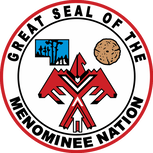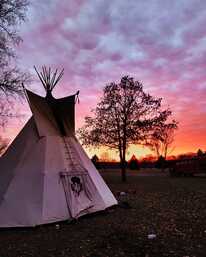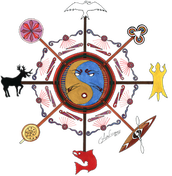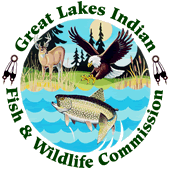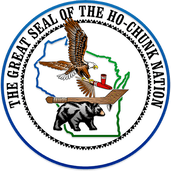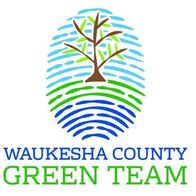|
The Menominee Tribe's history is unique because our origin or creation begins at the mouth of the Menominee River, a mere 60 miles east of our present Menominee Indian Reservation. This is where our five clans: ancestral Bear, Eagle, Wolf, Moose, and Crane were created.
|
|
Menīkānaehkem is a grassroots community organization based on the Menominee Reservation in Northeast Wisconsin working to revitalize our communities.
|
|
CDER is building a global movement to advance the rights of nature into law.
|
|
Honor the Earth's mission is to create awareness and support for Native environmental issues and to develop needed financial and political resources for the survival of sustainable Native communities. Honor the Earth develops these resources by using music, the arts, the media, and Indigenous wisdom to ask people to recognize our joint dependency on the Earth and be a voice for those not heard.
|
|
Indigenous Earth Protectors is a diverse, Indigenous-led organization that consists of water protectors and land defenders from various communities and regions across so-called Minnesota. Our team is guided by the belief that the rights and knowledge systems of Indigenous Peoples are essential in finding solutions to the climate crisis and achieving climate justice.
|
|
Bringing ancient Indigenous ways of knowing and wisdom into modern times
|
|
The Global Alliance for the Rights of Nature is a global network of organizations and individuals committed to the universal adoption and implementation of legal systems that recognize, respect and enforce “Rights of Nature”
|
|
This Facebook Group was made to help all Menominee People come together to take back what is originally our Menominee Peoples and to take us back to our original form of government the old Advisory Council / General Council.
|
|
Rights of Nature is a new approach to environmental law, which views nature not as a series of resources that human beings can use, but as a living subject with its own interests and rights.
|
|
GLIFWC represents eleven Ojibwe tribes in Minnesota, Wisconsin, and Michigan who reserved hunting, fishing and gathering rights in the 1836, 1837, 1842, and 1854 Treaties with the United States government.
|
|
The Ho-Chunk Nation government is comprised of four branches of government; executive, legislative, judicial and the general council. This government was set up to provide a communication tool to deal with Federal, State and local governments. It is based on our constitutions of 1963 and 1994. The Ho-Chunk Nation also has a traditional government system based on a chief and clan system.
|
|
Envisions a future in which humans and nature flourish together.
Earth Law is the idea that ecosystems have the right to exist, thrive, and evolve—and that Nature should be able to defend its rights in court, just like people can. |
|
River Network envisions a powerful and inclusive movement that ensures abundant clean water for all people and nature to thrive. We believe joy and hope for our planet flows through our rivers.
|
|
Over 30 years ago the Indigenous Environmental Network was formed by grassroots Indigenous peoples under the leadership of youth, elders, women, and traditional spiritual societies to stand up for our inherent rights to practice our cultural and spiritual ways of life and to stop the destruction of our waters, lands, and territories.
|
|
On a mission to promote environmental sustainability in Waukesha County communities through education, collaboration, and local action
|
